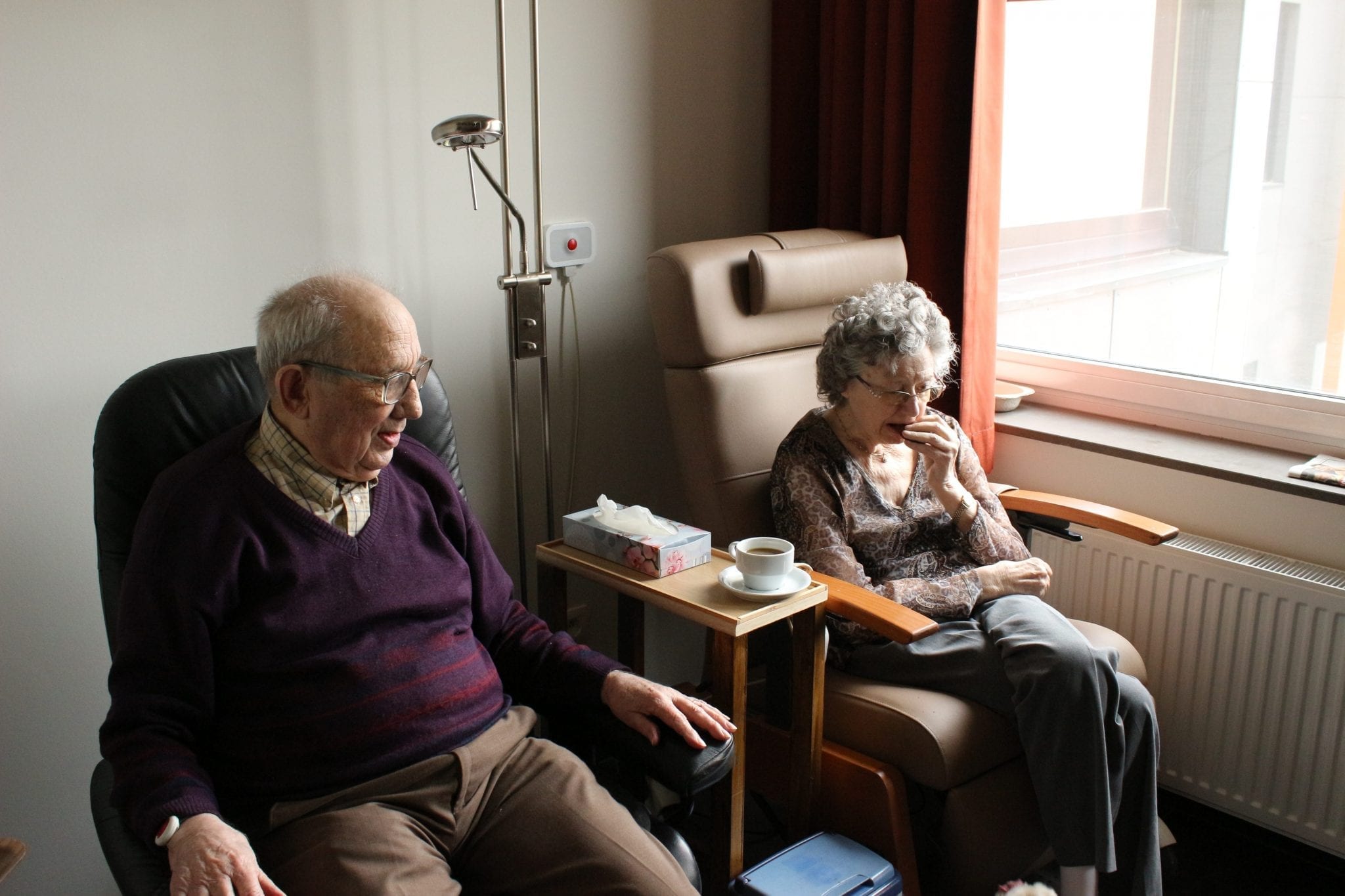Medicare Penalties for Readmission Haven’t Affected Patient Mortality Rates
According to recent study findings, Medicare penalties for above-average readmission rates among patients admitted with acute myocardial infarction, heart failure, and pneumonia do not seem to have affected mortality rates either in-hospital or after discharge. Their report was administered to respond to a study presented at the American Heart Association meeting last fall, which found increases in 30-day and 1-year mortality that offset the reduced readmissions from the U.S. Hospital Readmissions Reduction Program’s (HRRP).
During the period of time between 2006 and 2014, the HRR rollout during 2010-2012, in-hospital mortality rates decreased among Medicare beneficiaries hospitalized for acute MI (from 10.4% to 9.7%), pneumonia (5.3% to 4.0%), and heart failure (4.3% to 3.5%). A report published online in JAMA Network Open by Harlan Krumholz, MD, SM, of Yale School of Medicine in New Haven, Conn., and colleagues also found rates of 30-day post-discharge fell for acute MI (10.4% to 9.7%) but increased for heart failure (7.4% to 9.2%) and pneumonia (7.6% to 8.6). The group argued readmission penalties were not a factor.

“While post-discharge mortality for [heart failure] and pneumonia rose over the study period, these increases began in 2007 and 2006, respectively, over 3 years before the announcement of the HRRP and 5 years before the implementation of its associated financial penalties,” Krumholz and colleagues wrote. “Moreover, neither the announcement of the HRRP nor its implementation was associated with an increase in the changes in post-discharge mortality rates.” In conclusion, the HRRP was associated with reduced readmissions without any harm done with respect to mortality.
Their report responds to a study presented at the American Heart Association meeting last fall, which found increases in 30-day and 1-year mortality that offset the reduced readmissions from the HRRP. Ashish Jha, MD, MPH, of Harvard Global Health Institute in Cambridge, Mass., said a major benefit of the HRRP is yet to be seen. What’s more, Jha suggested, that post-discharge mortality remained largely unchanged is notable for another reason when viewed in light of the study’s finding that acute MI and heart failure patients experienced more inpatient mortality after the HRRP rollout.
“Inpatient mortality, by definition, shapes the population of patients who are discharged and eligible to be readmitted. If there is an uptick in inpatient mortality — or even if there is simply a slowing of the long-term gains in mortality — the patient population discharged alive will be healthier than they would have been otherwise,” according to Jha. This makes the lack of rise in post-discharge mortality “far less reassuring than it would be otherwise.”
Jha said that Krumholz and colleagues demonstrated some of the harmful effects of the program and highlighted where some of the concerns may be less of an issue. “But this hardly settles the issue. If thousands of hospitals and tens of thousands of clinicians are going to be asked to change the way they provide care, adequate resources and a robust set of efforts are needed to fully evaluate the program from a variety of perspectives to ensure that we continually improve the program,” said Jha.
Jha insisted two changes need to happen. “Right now, a high-readmission, low-mortality hospital will be penalized at 6 to 10 times the rate of a low-readmission, high-mortality hospital. The signal from policy makers is clear – readmissions matter a lot more than mortality – and this signal needs to stop,” he wrote. The other need is a comprehensive examination of the by “independent experts who have no vested interest in the results.”
Sources:
Unintended consequences: CMS’ readmissions program might be harming patients


Join the conversation!